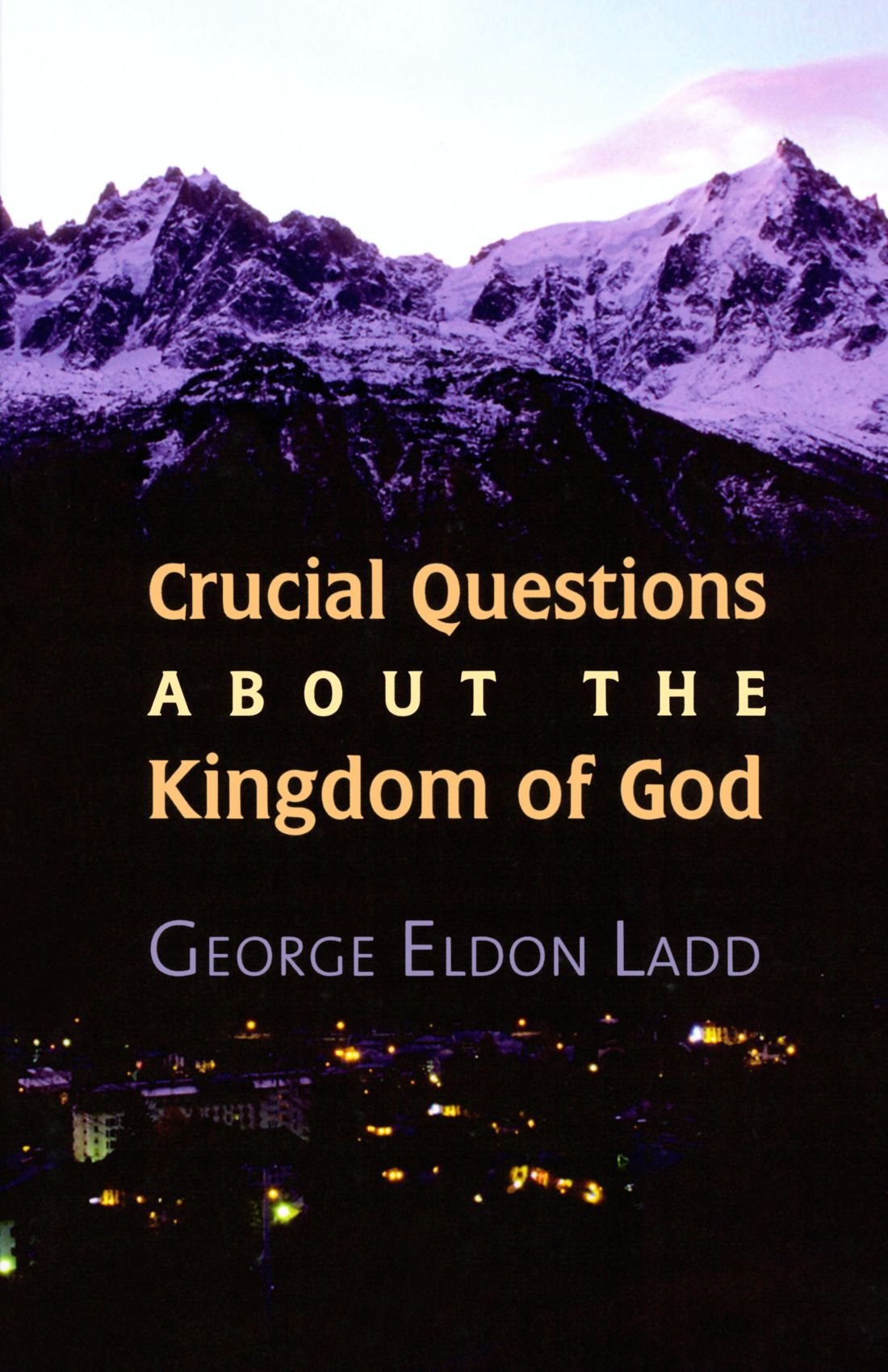A Brief Book Summary from Books At a Glance
By Steve West
About the Author
George Eldon Ladd was a biblical scholar who specialized in New Testament theology. His writings on eschatology and the nature of the kingdom of God have had a lasting influence on evangelical thinking.
Introduction
This book is based on a series of lectures that Ladd delivered on the nature of the kingdom of God. He examines the linchpin issues of exegesis and theological interpretation across the New Testament. Ladd argues that the kingdom is present in one sense but that its fullness awaits the future. He also presents arguments for a literal interpretation of Revelation 20 but rejects the interpretive framework of classic dispensationalism.
Table of Contents
Chapter 1 Have the Problems about the Kingdom of God Been Solved?
Chapter 2 Conservative Interpretations of the Kingdom of God
Chapter 3 Can the Kingdom be both Future and Present?
Chapter 4 The Solution to the Problem of the Future and Present Kingdom
Chapter 5 Was the “Kingdom of Heaven” Postponed?
Chapter 6 The Linguistic Interpretation of the “Kingdom of Heaven”
Chapter 7 How is the Kingdom in Revelation Twenty to be Interpreted?
Chapter 8 Objections to the Millennial Interpretation
Book Summary
Chapter 1: Have the Problems about the Kingdom of God Been Solved?
There are many important questions about the nature of the kingdom of God that are still debated by biblical scholars. (For example: Is it present, future, or both? Are the kingdom of God and the kingdom of heaven the same? Is it an internal reality or apocalyptic?) In the early church, the kingdom was interpreted in two ways: as eschatological and non-eschatological. For the first two centuries of the church, the kingdom was always eschatological, with Jesus reigning on earth. The non-eschatological interpretation emerged with Origen and Augustine. Augustine taught that the kingdom was the church and the millennium was coextensive with the church age. The Reformers didn’t depart from Augustine’s symbolic interpretation. In contemporary theology, the same divide between eschatological and non-eschatological interpretations exists. Some liberal theologians see the kingdom as a work of human love, rather than anything supernatural. Others interpret it as a work of God inside of the human heart. A shift occurred with Weiss and Schweitzer, who maintained that Jesus taught that the kingdom was not a present reality, but a climactic act of God that was imminent. Jesus died in the disappointed realization that the kingdom would not come. Many scholars have tried to balance the present and eschatological dimensions of Jesus’ teachings (some by minimizing one side or the other). Critical scholars have rejected the validity of some of Jesus’ sayings about the kingdom. The realized eschatology of C. H. Dodd has been very influential in some circles, stressing that the eternal has broken into time, and the kingdom is now. Some studies have tried to show that Jesus does teach that the kingdom is a present reality, but that it is also eschatological.
Chapter 2: Conservative Interpretations of the Kingdom of God
Scholars who reject the inspiration and inerrancy of Scripture, and who see Jesus as less than God incarnate, conduct their studies outside of the Christian worldview. Some conservative scholars have been highly influenced by liberal studies, whereas others have ignored them. Eschatology and prophecy have occupied a great deal of attention in many conservative circles in the recent years. One conservative view is postmillennialism, which sees the kingdom as a present reality in people’s hearts which will grow and spread throughout the earth. When the kingdom spreads sufficiently around the globe, the world will experience a golden age. After this golden age, Christ returns to the world. The horrors of the first half of the 20th Century ended a lot of postmillennial optimism, but some still hold to the position. The premillennial position—that Christ would return and then reign on earth for 1000 years—has not been dominant since the first two centuries of the church, but. . .
[To continue reading this summary, please see below....]The remainder of this article is premium content. Become a member to continue reading.
Already have an account? Sign In
Buy the books

Crucial Questions About the Kingdom of God